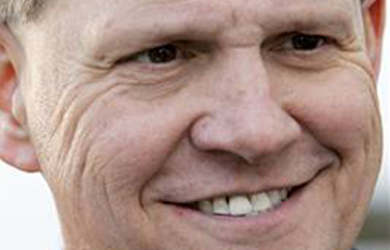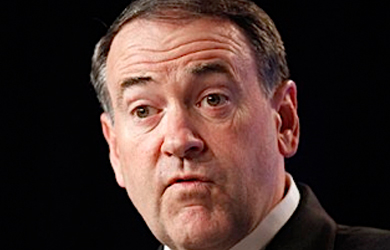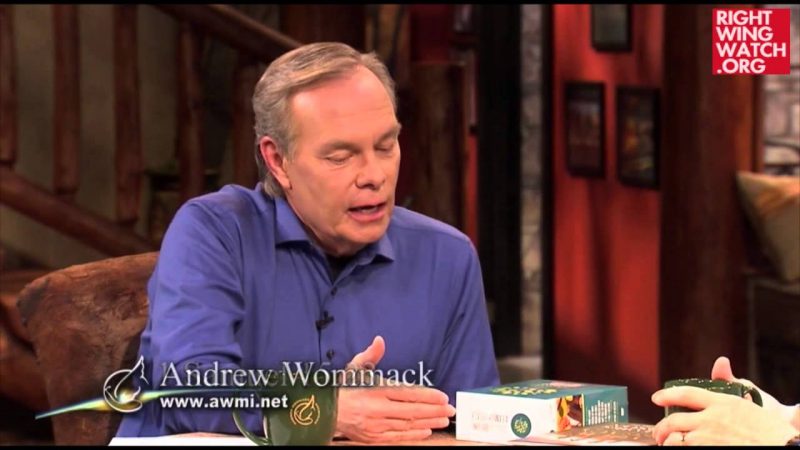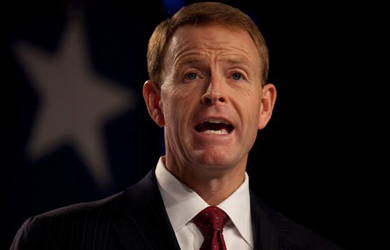We learn in today’s POLITICO Magazine story, “Inside George W. Bush’s Closet,” that President George W. Bush is a really nice guy.
Such a nice guy, in fact, that we should look past his egregious gay-rights record as president because he was just so darn nice to everybody, even gay people! That is what politics is all about, after all, and anyone who sees differently is obviously just blinded by their own hatred and animus, because Bush is an objectively good man.
“We all were making our voices heard despite what was out in the press,” says Chris Edwards, who came out while working in the White House press advance office and introduced his boyfriend to the president and first lady on multiple occasions. “People say, ‘Just don’t work for him.’ Well, that’s just not reality. The reality is you need people in the party and outside the party to make change.”
George W. Bush started out as perhaps the most gay-friendly Republican president ever, an astonishing fact when you consider that, in his first year in office, 71 percent of Republicans thought homosexual behavior was morally wrong, according to Gallup. There’s no question that he recoiled at the gay-bashing of the religious right. “I’m not going to kick gays,” he told a friend before the 2000 campaign. “I think it is bad for Republicans to be kicking gays.” The party’s platform that year might have talked about the sanctity of traditional marriage as a foundation of American democracy, but this was nonetheless a president who, a few months before nailing down his party’s nomination in 2000, met in Austin with a dozen gay Republican leaders, proclaiming afterward, “I am a better person for the meeting.”
…
“What liberals can’t wrap their heads around is Bush is a good and decent man,” says Jeff Berkowitz, an opposition researcher and policy ace who worked in the White House, State Department and RNC during Bush’s presidency. “It’s possible for someone to hold a policy view as he did and still be a decent, normal person.” Berkowitz says that when he was “outed” by blogger Michael Rogers, whose campaign to publicize what he saw as the hypocrisy of gay Republican operatives was chronicled in the 2009 documentary Outrage, Bush staffers flocked to show their support. “It was great for networking,” he laughs. And besides, he says, he wasn’t in the closet at the time anyway.
…
If Rove saw political gain, other Bush aides saw a legal preemptive strike—against exactly the court-driven change that is now playing out. “The president’s position was that gay marriage could be imposed on the country by a federal court decision. One judge could do it,” says McConnell, the speechwriter, who is also a lawyer. McConnell says he understood that after a 2003 Massachusetts court ruling raised the issue, then-White House counsel Gonzales advised that “the only way to prevent that is a marriage amendment. It’s not an unreasonable position. It certainly was not anti-gay.”
…
But McConnell says Bush’s position on gay marriage was a reasonable combination of his personal concept of “morality” and the central GOP concept of frowning on an activist judiciary.
McConnell matter-of-factly told me he likely helped write Bush’s 2004 remarks endorsing the constitutional amendment to ban gay marriage. Even now the gay speechwriter defends that course. “I believed the president was taking a principled position, and the words he spoke on that issue were always reasonable and tolerant. That hasn’t always been the spirit of the debate, but it’s always been the spirit of George W. Bush. There was never a day I wasn’t proud of him and the vice president.”








